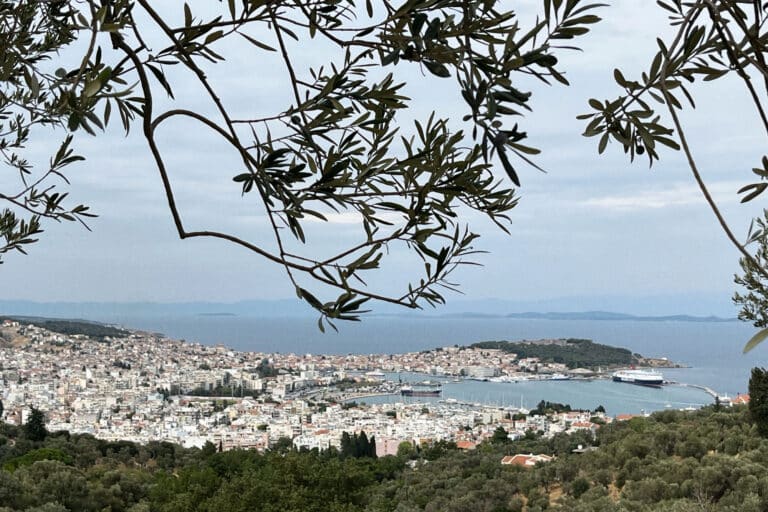Increasingly, in our Colombian context, the terms “gender equality,” “women’s rights,” and “women in leadership” are being discussed, trampled on, and fought for.
Gender is a touchy subject. No one wants to be called a sexist or machista. Women are timidly and boldly stepping forward, and men are shuffling aside, abashed and apologizing as they tiptoe aimlessly around the stage.
CPT welcomes these spaces of dialogue because even through tears and frustrations, we hope to continue listening and learning along our journey for justice. So we were very excited CAHUCOPANA asked us to accompany its members to Dos Quebradas for the First Regional Meeting of Women from Northeastern Antioquia: “For the Defence of Land and Dignity” 30-31 May 2014.
I was grateful to take part in sessions about unsung women heroines in Colombia’s history and panels with the women leading today’s agricultural movement, as well as a citizen’s workshop where the women of Northeastern Antioquia defined what peace meant to them. The workshop led to the construction of a political declaration in which Colombian women envisioned alternatives for ending the social violence and military conflict by transforming economical, social, and cultural norms and by creating space for women as political actors. But the moment that had the most impact for me was an evening fireside conversation around apple sugar cane tea.
Stories came pouring forth: becoming a woman at sixteen because she was with child and about to be married; realizing her womanhood as they raped her; struggling to put food on the table and care for the children while also working on the farm; missing out on her childhood because she had to work; and the expectations of submission, permission, and designation of women as property. Tears rolled and laughter ensued as the stories floated up on the steam from our teacups and intertwined.
I too am a woman. Growing up amongst three brothers, I understood early that I was different. Not just physically, but also by the way I was treated. I remember feeling so very frustrated with what I experienced as favouritism from my mother. I hated that she singled me out, made sure I was getting what I needed before the boys, and generally just took to spoiling me.
But while I shared my life’s experiences with those beautiful women, I suddenly realized that what I had received from my mother was not doting or coddling; she was creating a level playing field for me. She was giving me the step up that society would not, so that I would have the same experiences and opportunities as my brothers. She was my ally.
The most important asset to this difficult work of undoing oppressions is an ally. We need women and men, young and old, of every nationality, ethnicity, religion, and orientation to stand together as allies, recognizing privileges and creating consciousness to tear down society’s structures of privilege. And the women of Northeastern Antioquia are doing just that—so get on board.




